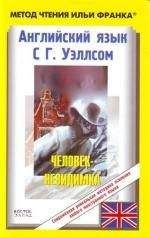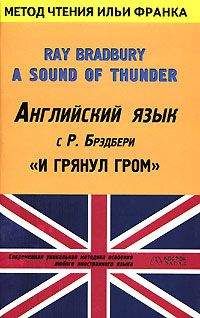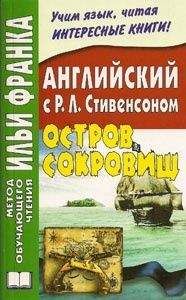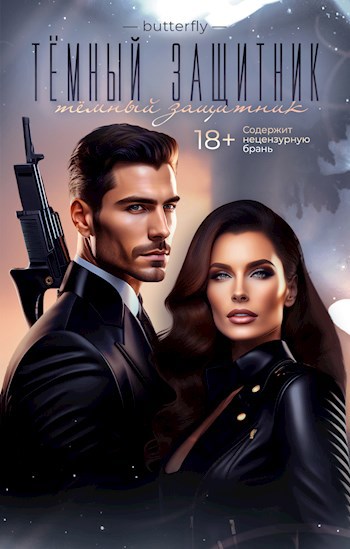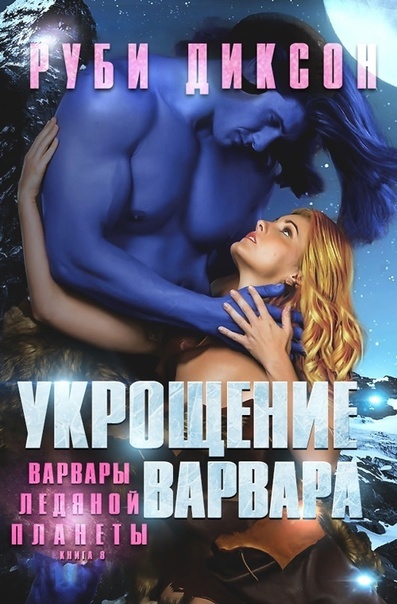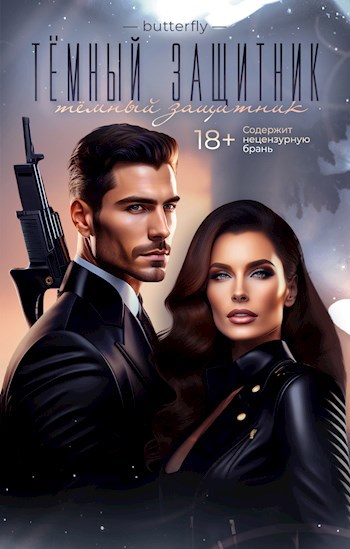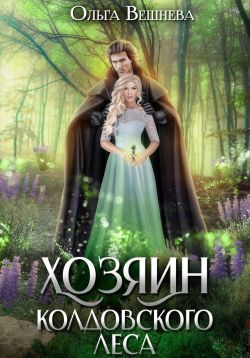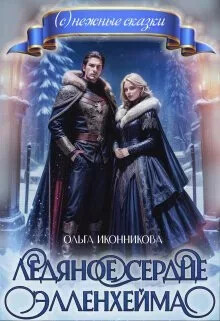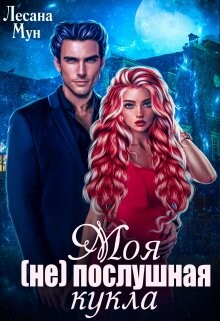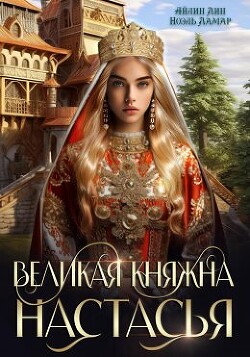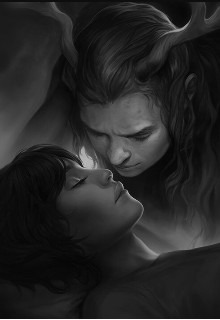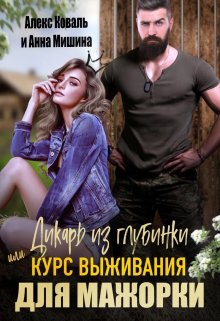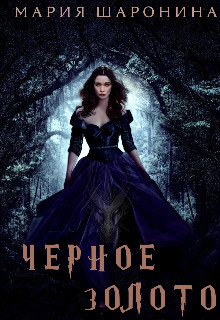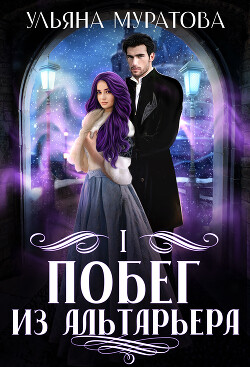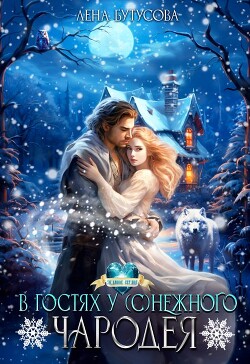Майкл Муркок - Английский язык с М. Муркоком
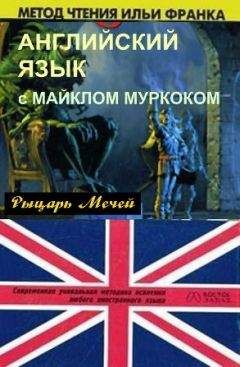
Помощь проекту
Английский язык с М. Муркоком читать книгу онлайн
Upstart Man was beginning to breed (появившийся вдруг Человек начинал размножаться; upstart — вновь появившийся, неожиданно выдвинувшийся или получивший известность /человек или компания/) and spread like a pestilence across the world (и распространяться, словно чума, по миру; to spread — раскидываться, покрывать). This pestilence struck down the old races (эта чума уничтожала древние расы; to strike down — сваливать /ударом/, сражать) wherever it touched them (повсюду, где бы ни соприкасалась с ними; to touch — касаться, трогать). And it was not only death that Man brought (и это была не только смерть, /то/, что Человек приносил = Человек нес не только смерть; to bring-brought-brought); but terror, too (но также /и/ страх; terror — страх, ужас, кошмар). Wilfully (намеренно), he made of the older world nothing but ruins and bones (он делал из старого мира ничего, кроме руин и костей = превращал мир в руины). Unwittingly (невольно), he brought psychic and supernatural disruption of the magnitude (он нес духовное и сверхъестественное разрушение = упадок /такого/ размера; magnitude — величина, значимость) which even the Great Old Gods failed to comprehend (какой даже Великие Древние Боги не могли постичь; to fail — потерпеть неудачу, не суметь; to comprehend — понимать, осмысливать).
occupying [ˈɔkjupaɪŋ] isolated [ˈaɪsəleɪtɪd] castles [ˈkɑ:slz] invulnerable [ɪnˈvʌlnərəbl] pestilence [ˈpestɪləns] psychic [ˈsaɪkɪk]
The Vadhagh lived in family groups occupying isolated castles scattered across a continent called by them Bro-an-Vadhagh. There was scarcely any communication between these families, for the Vadhagh had long since lost the impulse to travel. The Nhadragh lived in their cities built on the islands in the areas to the north west of Bro-an-Vadhagh. They, also, had little contact, even with their closest kin. Both races reckoned themselves invulnerable. Both were wrong. Upstart Man was beginning to breed and spread like a pestilence across the world. This pestilence struck down the old races wherever it touched them. And it was not only death that Man brought; but terror, too. Wilfully, he made of the older world nothing but ruins and bones. Unwittingly, he brought psychic and supernatural disruption of the magnitude which even the Great Old Gods failed to comprehend.
And the Great Old Gods began to know Fear (и Великие Древние Боги начали знать страх = познали Страх; to begin-began-begun).
And Man, slave of fear (Человек, раб страха), arrogant in his ignorance (высокомерный в своем невежестве), continued his stumbling progress (продолжал, спотыкаясь, /путь/ своего развития; to stumble — спотыкаться, ошибаться; ср.: stumbling gait — спотыкающаяся походка; progress — развитие, движение вперед). He was blind to the huge disruptions (он не замечал: «был слеп к» громадных разрушений) aroused by his apparently petty ambitions (вызванных его явно мелочными амбициями; to arouse — пробуждать, вызывать /чувства/; petty — незначительный, ограниченный). As well (вдобавок к тому), Man was deficient in sensitivity (Человек был неполным в чувствительности = ему не хватало чувств; deficient — недостаточный, лишенный /чего-либо/; sensitivity — чувствительность, восприимчивость), had no awareness of the multitude of dimensions (имел никакое знание = не осознавал /существования/ множества измерений; awareness — сознание, осведомленность) that filled the universe (что пронизывали Вселенную; to fill — наполнять, занимать /пространство/), each plane intersecting with several others (/при которых/ каждая плоскость пересекалась с несколькими другими). Not so the Vadhagh or the Nhadragh (это не относилось к вадагам или надрагам; not so — отнюдь нет, нисколько), who had known what it was to move at will (которые знали, как это — перемещаться по желанию; to move — двигаться, перемещаться; at will — по желанию, произвольно) between the dimensions they termed the Five Planes (между измерениями, /которые/ они называли Пять Плоскостей; to term — называть, обозначать). They had glimpsed and understood (они слегка соприкоснулись /с ними/ и догадывались; to glimpse — увидеть мельком, быстро взглянуть; to understand — понимать, осмысливать, догадываться; to understand-understood-understood) the nature of the many planes (о природе многих плоскостей), other than the Five (не относившихся к этим Пяти; other than — за исключением, помимо), through which the Earth moved (через которые Земля двигалась; through — через, сквозь, по).
arrogant [ˈærəɡənt] aroused [əˈrauzd] deficient [dɪˈfɪʃnt] dimension [d (a) ɪˈmenʃn] universe [ˈju:nɪvə: s] Earth [ə: Ɵ]
And the Great Old Gods began to know Fear.
And Man, slave of fear, arrogant in his ignorance, continued his stumbling progress. He was blind to the huge disruptions aroused by his apparently petty ambitions. As well, Man was deficient in sensitivity, had no awareness of the multitude of dimensions that filled the universe, each plane intersecting with several others. Not so the Vadhagh or the Nhadragh, who had known what it was to move at will between the dimensions they termed the Five Planes. They had glimpsed and understood the nature of the many planes, other than the Five, through which the Earth moved.
Therefore it seemed a dreadful injustice (и потому /это/ казалось ужасной несправедливостью) that these wise races should perish (что эти мудрые расы должны погибнуть; to perish — погибать, умирать) at the hands of creatures (от рук созданий) who were still little more than animals (которые были по-прежнему немного больше, чем животные = почти не отличались от животных; still — все еще, до сих пор). It was as if vultures feasted on (это было /похоже на то/ как если бы стервятники пировали /на/; as if — словно, будто; vulture — гриф, стервятник; хищник /о человеке/) and squabbled over the paralysed body of the youthful poet (и вздорили над обездвиженным телом юного поэта; to squabble — вздорить, пререкаться /из-за пустяков/; paralysed — парализованный, ослабленный) who could only stare at them (который мог лишь глядеть на них; to stare — пристально глядеть, уставиться) with puzzled eyes (недоуменным взором; puzzle — ставить в тупик, озадачивать; eyes — глаза, взгляд) as they slowly robbed him of an exquisite existence (как они медленно забирают его утонченную жизнь; to rob of — лишать, отнимать; exquisite — изысканный, тонкий; existence — существо, жизнь, существование) they would never appreciate (/которое/ они никогда бы не оценили), never know they were taking (никогда не знали, /что/ они забирают; to take — брать, захватывать, добывать; to take-took-taken).
'If they valued what they stole (если бы /только/ они ценили /то/, что они украли; to steal-stole-stolen), if they knew what they were destroying (если бы знали, что они разрушают; to destroy — разрушать, уничтожать), says the old Vadhagh in the story (говорит старый вадаг в рассказе), The Only Autumn Flower («Единственный осенний цветок»; only — единственный, одинокий), `then I would be consoled (тогда я был бы утешен = мне стало бы легче; to console — утешать, облегчать /боль/).
It was unjust (это было несправедливо).
By creating Man (созданием = создав Человека), the universe had betrayed the old races (Вселенная предала древние расы).
injustice [ɪnˈʤʌstɪs] vultures [ˈvʌlʧəz] squabbled [ˈskwɔbld] exquisite [ɪkˈskwɪzɪt] appreciate [əˈpri:ʃɪeɪt] valued [ˈvælju:d]
Therefore it seemed a dreadful injustice that these wise races should perish at the hands of creatures who were still little more than animals. It was as if vultures feasted on and squabbled over the paralysed body of the youthful poet who could only stare at them with puzzled eyes as they slowly robbed him of an exquisite existence they would never appreciate, never know they were taking.
'If they valued what they stole, if they knew what they were destroying, says the old Vadhagh in the story, The Only Autumn Flower, `then I would be consoled.
It was unjust.
By creating Man, the universe had betrayed the old races.
But it was a perpetual and familiar injustice (но это была вечная и знакомая несправедливость = так было всегда). The sentient may perceive and love the universe (разумное существо может воспринимать и любить Вселенную; to perceive — воспринимать, постигать), but the universe cannot (но Вселенная не может) perceive and love the sentient. The universe sees no distinction (видит = не делает никакого различия) between the multitude of creatures and elements (между множеством созданий и элементов; multitude — масса, совокупность, множество) which comprise it (которые составляют ее; to comprise — включать, содержать, входить в состав): All are equal (все равны; equal — равный, одинаковый). None is favoured (никакой = никто не пользуется преимуществом; favoured — привилегированный, пользующийся поддержкой, благосклонностью). The universe, equipped with nothing (Вселенная, обладая ничем; to be equipped with — оборудованный, оснащенный) but the materials and the power of creation (кроме веществ и энергии сотворения; power — сила, энергия, мощь; creation — сотворение, созидание), continues to create (продолжает создавать): something of this, something of that (немного этого, немного того; something — что-то, кое-что, что-нибудь). It cannot control what it creates (она не может управлять /теми/, кого создает; to control — управлять, контролировать) and it cannot, it seems (и она не может, кажется), be controlled by its creations (быть управляемой своими творениями) (though a few might deceive themselves otherwise (хотя некоторые могли обманывать себя, /думая/ иначе; a few — несколько, немного; to deceive — обманывать, вводить в заблуждение; otherwise — иначе, в ином случае)). Those who curse the workings of the universe (те, кто проклинают действия Вселенной; working — работа, деятельность) curse that which is deaf (проклинают то, что глухо). Those who strike out at those workings (те, кто сражаются с этими действиями; to strike out at — атаковать, набрасываться /на кого-то/) fight that which is inviolate (борются с тем, что несокрушимо; inviolate — ненарушенный, неповрежденный). Those who shake their fists (те, кто грозят кулаками /Вселенной/; to shake — трясти, качать), shake their fists at blind stars (грозят кулаками слепым звездам).
